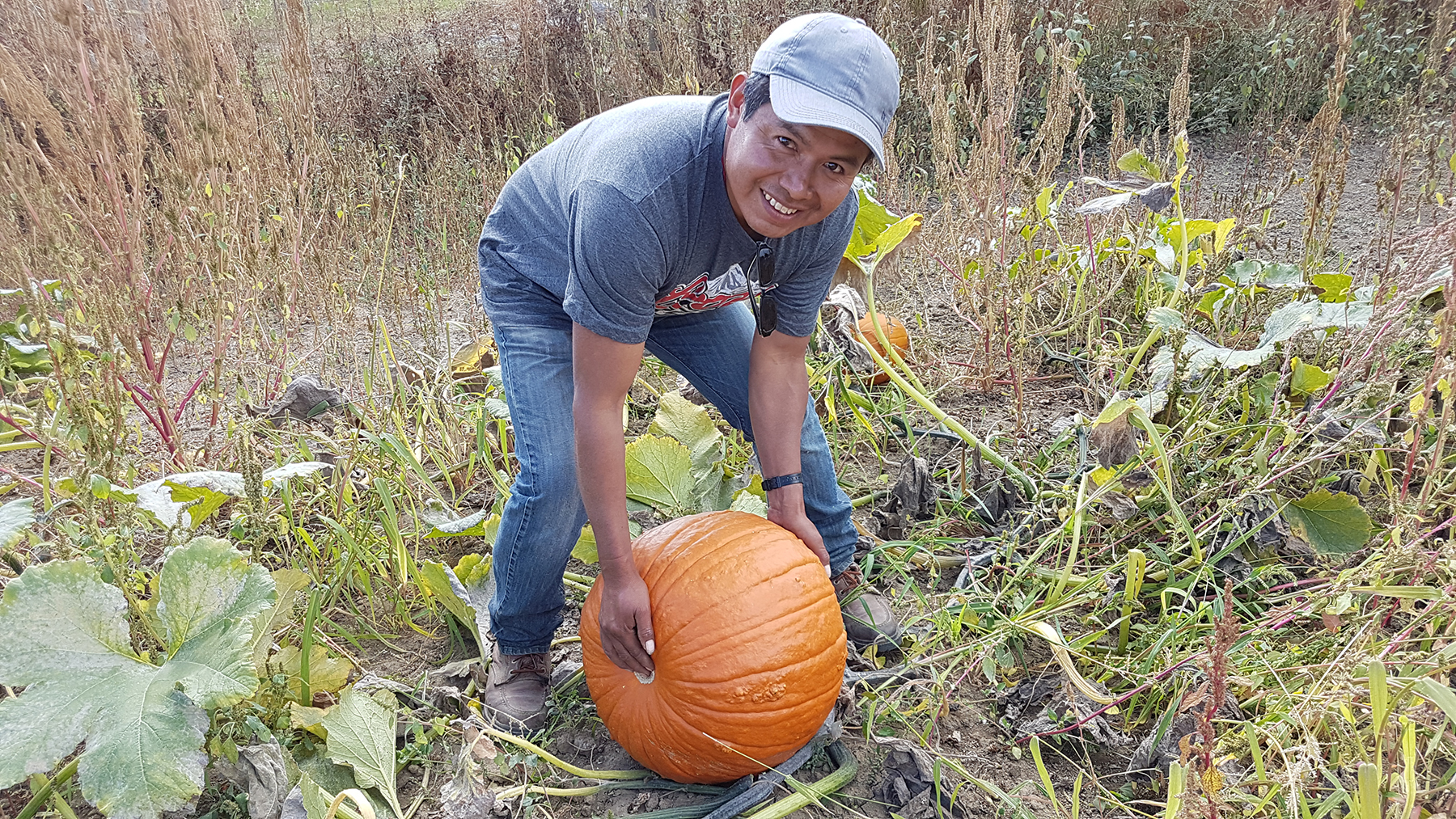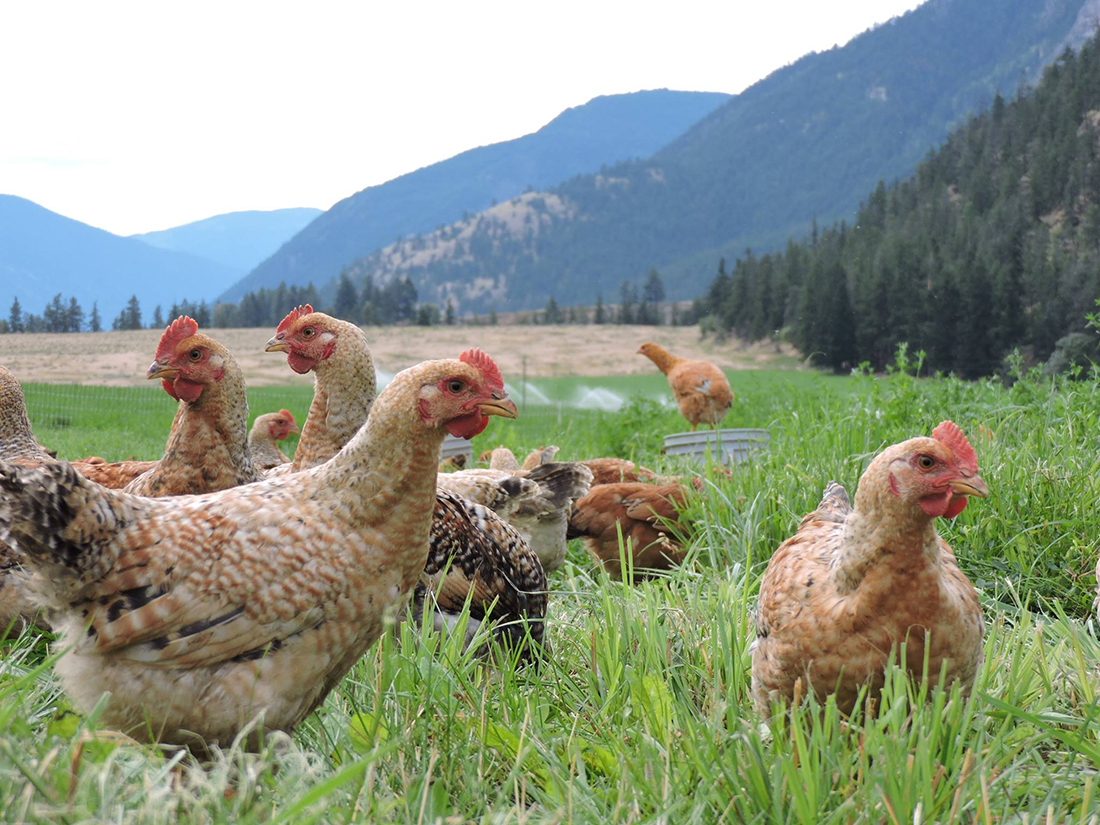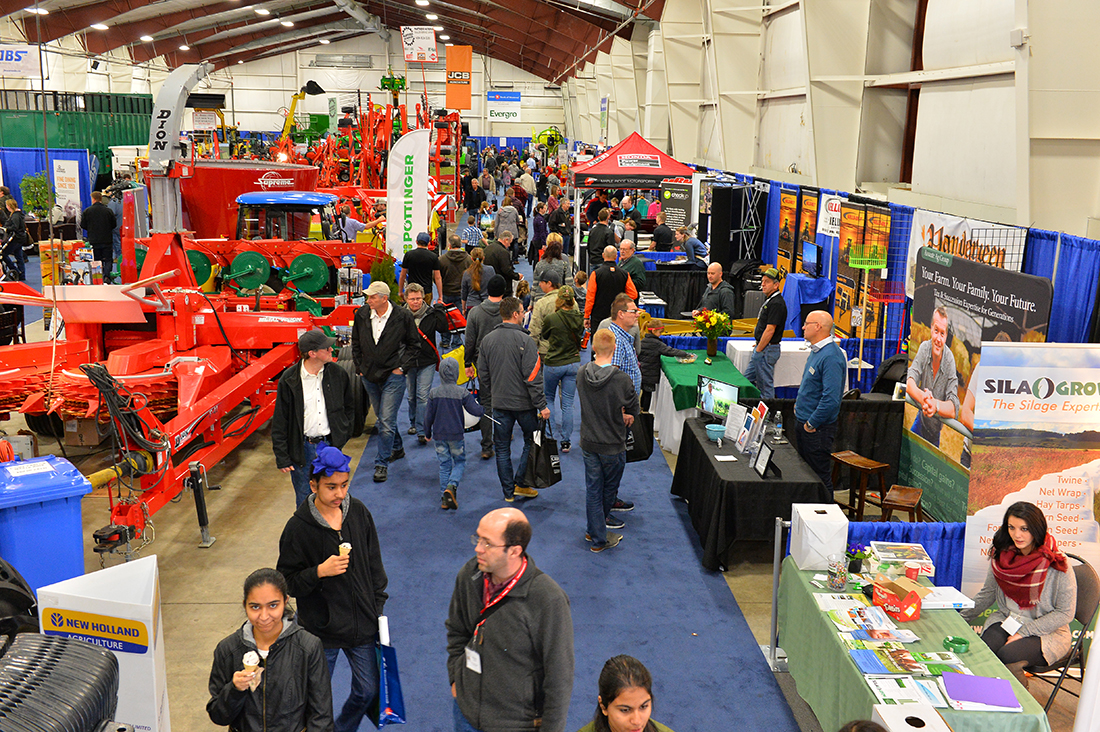Just weeks into the new year, BC farmers may be starting to feel the pinch.
One thing’s for certain: their pennies won’t.
Various government policies designed to part farmers and their money have kicked in, raising the cost of doing business in BC.
Piece rates increased on January 1, six months after an increase to the hourly minimum wage. The delay was the result of a recommendation by the BC Fair Wages Commission, which didn’t want to inconvenience farmers mid-season. (Details are available here.)
A further increase on June 1, 2019 will coincide with the next increase in the province’s minimum wage, and aims to ensure all workers in the province receive the same wage regardless of employment.
Phasing out piece rates could follow a report that Karen Taylor, an adjunct professor in food and resource economics at UBC and an agriculture relationship manager with TD Bank in Langley, was asked to submit to the Fair Wage Commission by December 31.
The new Employer Health Tax also kicked in this month. It is a payroll tax that employers pay during the phasing out of Medical Services Plan premiums, which will occur January 1, 2020. It shifts the burden of medical premiums from individuals to businesses, and will garner $1.9 billion province wide this year. The impact is significant enough that municipalities such as Vancouver have increased property taxes to cover the effects.
The effects could chill investment in BC’s farm sector, says Reg Ens, executive director of the BC Agriculture Council.
“They’re not convinced that this government is on their side,” he said.


 Lillooet ranch goes green
Lillooet ranch goes green